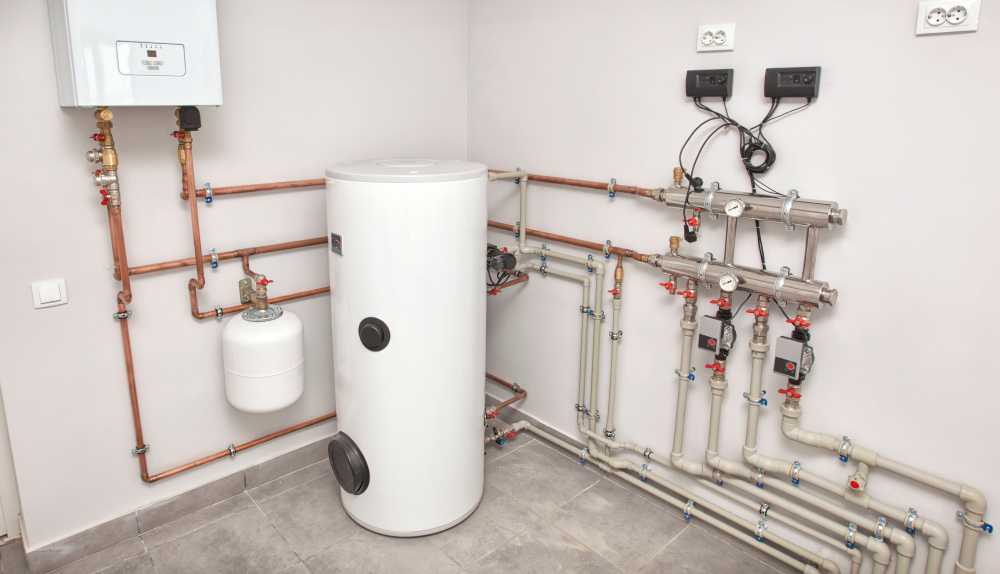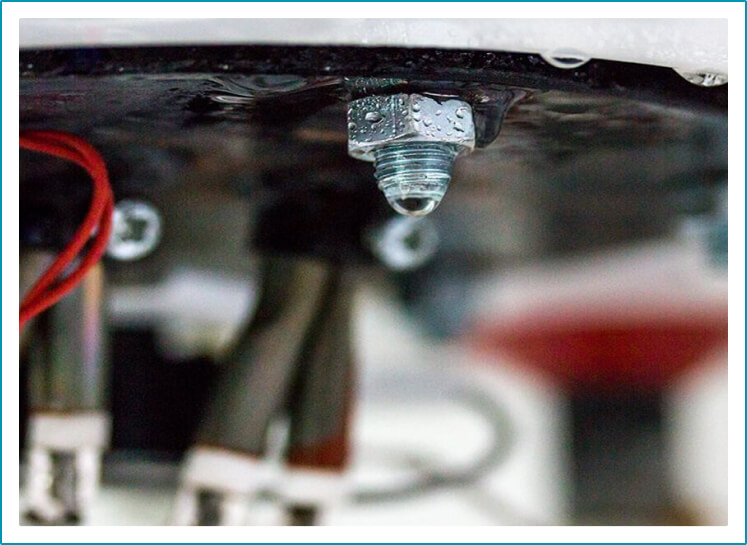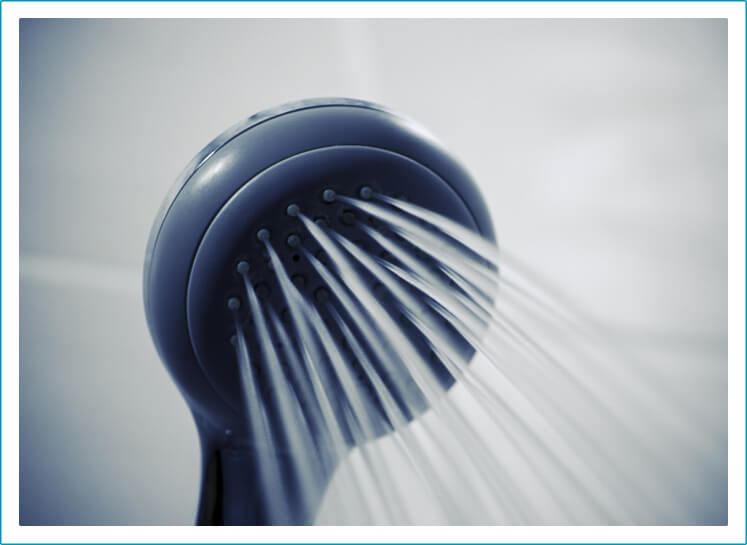THE TOP 10 FAQS ABOUT HOT WATER HEATERS

As a homeowner, water heater questions usually only arise when it’s not working or it’s a water heater actively flooding your house. Keep reading to get all the hot water heater answers for your questions to maintain its lifecycle!
There are many signs that your water heater isn’t working the way it should. Of course, there are the obvious ones where you’re not getting any hot water for your shower or the unpleasant appearance of a water puddle in the basement.
If you’ve been experiencing issues with your hot water heaters, or think that there might be something off about their performance, we’ve got you.
Keep on reading for a full breakdown for the top ten most frequently asked questions about hot water heaters.
2. Why Do I Keep Running out of Hot Water?
Running out of hot water quicker than usual is a sign that your water heater is about due for some fixes, as it must not be heating up the cold water well enough anymore.
There are many potential reasons why your water heater isn’t warming up your water the way it should. For instance, your water heater can have a broken dip tube. In addition, it might be an issue with the lower heating element, especially if your water heater is electric.
3. Why Does My Water Heater Keep Leaking?
Not all water heater leaks are the same. All of them are problematic, but there are some more dangerous than others.
You’d be surprised to learn that 13.7% of all water use is the result of leaks, regardless of its “danger” level. Start by doing some leak detection on your own. Then, call for professionals to investigate the leaks and overflows.
First, make sure to take a closer look at your water heater, check everywhere, especially the bottom. You might be able to see a pipe fitting that has become loose or an obvious issue. The more details you could provide your water heater repair professional, the better.

4. Why Does the Water Take Forever to Heat Up?
If your water heater takes too long to heat up the water, the issue might be with how your house plumbing is set.
Thankfully, these are rarely a cause for concern. For example, if you have a ranch-style house, you probably have longer pipelines. The longer the pipelines, the longer it takes for the warm water to reach your faucets, causing longer waits for the hot water heater to heat the water up. You cannot expect to get instant hot water.
5. How Can I Conserve Heated Water?
Learning about ways to save heated water can help you reduce your electricity bills. There are a couple of simple things aspiring hot water saver can do.
Start by getting some low-flow showerheads. In addition, make sure you’re keeping up to date on your water heating maintenance to remove any buildup, as well as checking on your water heater’s performance.

6. Is Putting Drain Pans Under a Water Heater Recommended?
Whether you should put dried pans for your water heater depends on where it is placed.
If your water heater is in enclosed spaces like an interior closet or the attic, then it’s highly recommended that you have sheet metal pans under your water heater. This way, you’re moderately protected in case there are leaks.
7. What Considerations Do You Suggest When Sizing a Replacement Water Heater?
Getting the right size for a new water heater will depend on a couple of factors:
- Are you still pleased with getting the same amount of hot water, or do you find yourself wondering “how large of a water heater do I need to have enough water for the whole family?”;
- Are you planning on moving in the near future? It’s a good idea to keep in mind what a prospective buyer would like to see in your house considering its size. E.g., if your family consists of 4 people, you may need to research the correct heater size for four people.
Moreover, you’ll have to consider where you stand on issues of energy and water conservation.
8. What Is the Best Water Heater for Me to Purchase?
Same rule as the previous questions. It’ll depend on your needs and budget. You could also look at various reviews. Here are some of the important factors you need to keep in mind:
- Future water demands;
- Size and usage of your home;
- The need for warranty.
After doing some research, you’ll have a good idea for choosing a water heater for your house. You’ll find that regular water heaters will come in a size range of 30 gallons to 100 gallons.
Furthermore, there are different types of water heaters on the market. You can choose water heaters that run on gas, electricity, propane, and even high-efficiency water heaters.

9. What Does the Energy Factor (EF) of a Water Heater Mean?
On your search for a new water heater, you’ll find a lot of different EF rankings.
It stands for Energy Factor, meaning it is one of the High Efficiency water heater brands which measure the overall energy used in heating your daily consumption of water in your house system.
10. Why Does My Hot Water Smell Bad?
If your hot water smells like sulfur or rotten eggs, it isn’t pleasant to deal with. Yet, there are multiple benign causes of water having an unpleasant smell coming out of your water heater.
It all has to do with the mineral compound in the water supply interacting with the insides of your water heater, that creates these odors.
Depending on the chemical content of your water, you might have hydrogen, sulfur, and bacteria all reacting to each other, which causes that “rotten egg” smell.
Usually, the smell should be faint. In addition, the magnesium anode rod protects your boiler tank surface (more about boiler service), however, it might slightly react with hydrogen, which also can create an odor once it gets in contact with sulfur or water.
Ready to Get Your Water Heater Checked Out?
Hot water heaters are unsung heroes, and we tend to forget about them until they stop working properly.
We know that it can be a bit nerve-wracking when you’re facing a water heater issue that you know nothing about.
Yet, we hope that our top ten most frequently asked question responses were able to help you identify the severity of your water heater problem.
As always, it’s key to call in the professionals for regular maintenance and to contact us if you’re not sure about the nature of your plumbing problem.
For now, make sure to check out our blog to learn all about the glaring signs that you need a sewage line repair.
